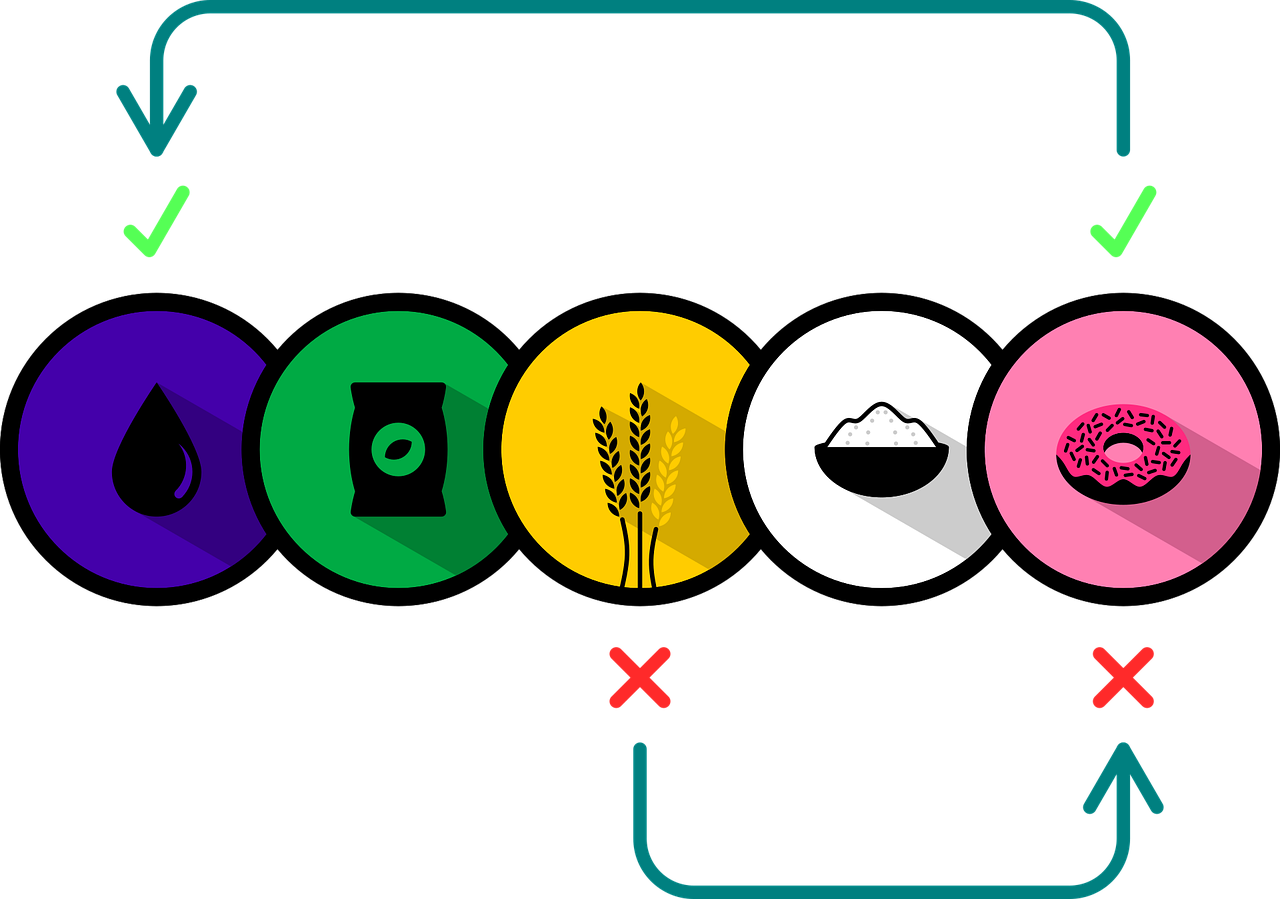
Water Supply and Environmental Engineering Training: Interactive Trivia-Based Self-Learning Program
Overview:
Dive into the vital field of sustainable water management and environmental protection with our comprehensive Water Supply and Environmental Engineering Training course. This innovative program is meticulously designed to equip you with the essential knowledge and skills needed to design, implement, and manage water supply systems while addressing environmental challenges. Utilizing an engaging trivia-based self-learning modality, you will explore a series of thoughtfully crafted questions and answers that challenge and expand your understanding at your own pace. Whether you're an aspiring engineer, a professional seeking to enhance your expertise, or a student preparing for a career in water and environmental management, this course offers a flexible and rewarding learning experience tailored to your academic and professional aspirations.
Trivia Quiz
Trivia Instructions
Welcome to our trivia quiz! You will be presented with a series of multiple-choice questions. Each question features its own 30-second timer displayed within a circular blue frame. The complete question pool is randomized and partitioned into 5 disjoint variants, ensuring that questions do not repeat between variants for the same user. Enjoy and good luck!
Key Features:
Self-Learning through Q&A: Immerse yourself in an extensive library of questions covering fundamental and advanced topics in water supply and environmental engineering. Test your knowledge, reinforce your understanding, and track your progress as you advance through each module at your own speed.
Incentives Based on Achievements: Stay motivated with a rewards system that recognizes your milestones and accomplishments. Earn badges, certificates, and other incentives as you achieve key learning objectives, making your educational journey both rewarding and enjoyable.
Sample Business Proposals: Access practical resources with sample business proposals tailored to water and environmental engineering projects. Learn how to develop effective plans, secure funding, and implement successful initiatives within various sectors.
Scholarships and Soft Supports: Benefit from financial assistance through available scholarships to support your education. Additionally, take advantage of soft supports such as mentorship, peer networking, and career guidance to enhance your learning experience and professional growth.
Job Opportunities for Outstanding Performance: Excel in your studies and distinguish yourself from your peers. Exceptional performers will be considered for job placements, opening doors to promising careers in utilities, environmental consulting firms, government agencies, and non-profit organizations.
Possible Skills Developed:
Water Supply System Design: Learn to design efficient and sustainable water supply systems for urban, rural, and industrial applications.
Hydrology and Hydraulic Engineering: Understand the principles of hydrology and hydraulics to manage water flow, reservoirs, and distribution networks effectively.
Wastewater Treatment and Management: Gain expertise in designing and managing wastewater treatment systems to protect public health and the environment.
Environmental Impact Assessment (EIA): Learn how to assess the environmental impact of water supply projects and develop mitigation strategies.
Sustainable Water Resources Management: Explore strategies for conserving water resources and ensuring their sustainable use for future generations.
Groundwater Management: Understand the principles of groundwater flow, aquifer recharge, and sustainable extraction.
Climate Change Adaptation: Study the impacts of climate change on water resources and learn to develop resilient water infrastructure.
Pollution Control and Prevention: Learn techniques to prevent and control water pollution, including the design of systems to manage industrial discharges and agricultural runoff.
Water Quality Monitoring and Analysis: Develop skills in monitoring and analyzing water quality to ensure compliance with safety standards.
Urban Drainage Systems: Learn to design stormwater management systems to prevent urban flooding and protect water quality.
Integrated Water Resource Management (IWRM): Gain knowledge of holistic approaches to managing water resources in harmony with environmental and social considerations.
Environmental Modeling and Simulation: Use software tools to model water systems and predict the environmental impacts of engineering projects.
Policy and Regulatory Frameworks: Familiarize yourself with national and international water and environmental policies, standards, and compliance requirements.
Project Management in Water Engineering: Acquire competencies in planning, executing, and managing water supply and environmental projects, including budgeting and team coordination.
Community Engagement and Education: Learn to engage with communities and stakeholders to promote awareness and collaboration in water and environmental initiatives.
Why Choose Our Program?
Our trivia-based training approach transforms the learning process into an interactive and enjoyable experience, ensuring that you remain engaged and motivated throughout your educational journey. By combining rigorous knowledge assessment with practical resources and meaningful incentives, we prepare you not only to excel in your training but also to make significant contributions to the field of water supply and environmental engineering. Whether you're aiming to design sustainable water systems, address environmental challenges, or advance your career in this critical field, our program provides the perfect platform to achieve your goals.
Enroll Today and Engineer a Sustainable Future with Water Supply and Environmental Solutions!

